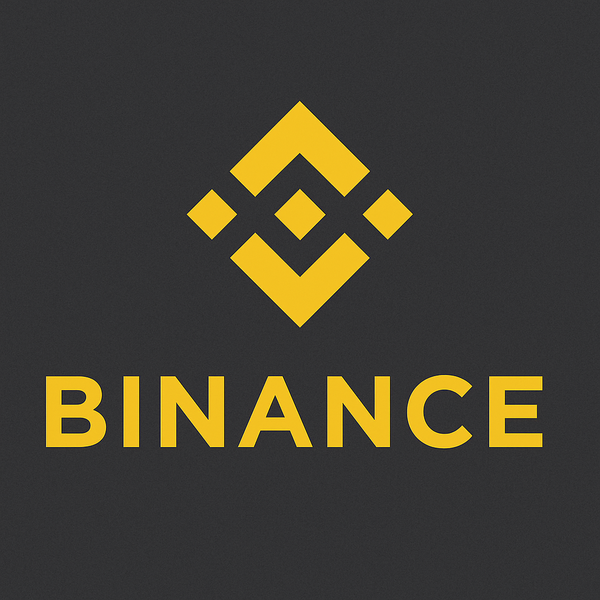
The Korea Financial Intelligence Unit (FIU) has given final approval to Binance's acquisition of GOPAX, the fifth-largest cryptocurrency exchange in Korea, marking the beginning of a fundamental restructuring of the Korean virtual asset market. This decision, delayed for two and a half years, goes beyond a simple administrative procedure and signals the beginning of an era of direct competition with global exchanges.
Upbit and Bithumb have long dominated the market, accounting for over 90% of total trading volume. However, the emergence of Binance, the world's largest exchange, signals a disruption in this landscape. Binance boasts massive liquidity thanks to its global user base of over 290 million, and its trading fees hover around 0.01%, less than half that of domestic exchanges (approximately 0.05%). It also lists over 400 coins, roughly double the number of major domestic exchanges.
For Binance to truly demonstrate its competitiveness in the domestic market, cooperation with the banking sector is essential. Under the current Specific Financial Information Act, real-name verification for deposit and withdrawal accounts is a prerequisite for exchange operations. While GOPAX currently partners with Jeonbuk Bank, future expansion into large commercial banks will likely determine its success. Furthermore, the extent to which the domestic regulatory framework, including the ban on derivatives trading and the integration of order books, will allow Binance to achieve global competitiveness is also a key variable.
Industry insiders are evaluating this move as "a short-term threat to domestic exchanges, but a turning point in market maturity in the long term." This is because exposure to global competition will spur structural innovation, including improved service quality, enhanced security, and greater listing transparency. A major global exchange that withdrew five years ago has returned with stronger capital and systems. This transformation is not simply a return; it will serve as a test of the openness of Korea's financial market and the international competitiveness of the digital asset industry.








